FAQs during assisted reproduction
In this section we will try to answer the most common questions that are asked
during an assisted reproduction treatment.
Do you have questions?

Llámanos gratis al
900 908 988

Visit us in our Ginefiv clinics

Ask for an appointment with Ginefiv
How many eggs are usually extracted and how many embryos need to be obtained?
It’s important to know that not necessarily all follicles will contain an egg and that some of the eggs obtained will not be suitable for fertilisation.
The number of eggs we obtain can vary a lot depending on factors such as age, possible pathologies and response to treatment. The average number of eggs obtained is between 5 and 10 (and between 3 and 6 fertilised embryos) in women aged under 35.
Even when we transfer only a single embryo to the uterus, there is still a possibility of pregnancy, so there is no need to worry that the number of eggs we obtain or the number of fertilised embryos is low
Will I always be seen by the same gynaecologist?
We will assign you a specialist who will handle your case, depending on the specific issue causing your infertility. During your assisted reproduction treatment, we will do all we can to always book your appointments with the same doctor. However, you need to be aware that, due to our ample consultation opening times, it would be difficult for you to see the same doctor throughout the entire process. In any case, the progress of your case will be constantly monitored and supervised by your assigned specialist throughout the whole assisted reproduction treatment and the entire Ginefiv medical team will do the same in clinical sessions
What are the main techniques of assisted reproduction?
The main techniques of assisted reproduction are artificial insemination and in vitro fertilisation (IVF). Within IVF, we need to differentiate between conventional IVF and ICSI (sperm microinjection). For more information, visit our section on assisted reproduction treatments.
What are the differences between artificial insemination and IVF? Which is better?
They are distinct techniques and each one is suitable for specific cases.
Artificial insemination is simpler and it consists of depositing spermatozoa, which have been previously selected and improved in the lab, into the woman’s uterus at the optimum point of ovulation.
IVF is more complex because it first requires an egg retrieval process to extract the woman’s oocytes. These are then fertilised with the spermatozoa in the lab and developed for 2 to 5 days in special incubators. The resulting embryos are then deposited in the uterus with the expectation that the natural pregnancy process will continue.
Are these treatments painful?
Assisted reproduction treatments involve highly tolerable processes which shouldn’t be a cause for pain. The patient is responsible for the subcutaneous administration of all their medication.
Artificial insemination is a simple procedure which is carried out in the consultancy and does not require anaesthesia. And in the case of IVF, ovarian puncture (egg retrieval) is the most invasive procedure, but it is painless as it is performed under sedation in surgery.
Embryo transfer is performed using ultrasound guidance and is no more uncomfortable than a pap smear in a routine gynaecological check-up.
What availability do these treatments require? Will I have to take many days off work?
For artificial insemination:
During an artificial insemination cycle, you will have to come to the clinic 3 to 5 times for tests to be run. The duration of each consultation is usually around 15 minutes. On the day of the artificial insemination, if your partner is the person providing the sperm sample, they will need to provide it a minimum of 2 hours before the procedure is performed. Artificial insemination is a process which also takes about 15 minutes and it does not require special rest on the day itself or those that follow, so you can go to work with no problems, avoiding over-exertions. Thanks to the ample opening times of our consultancies, you can come along for your check- ups and artificial insemination outside of your working hours.
For IVF:
During IVF treatment, you will have to come to the clinic for check-ups 3 to 5 times, depending on the timeline being used. The duration of each consultation is usually around 15 minutes. On the day of egg retrieval, your partner must provide the sperm sample and you will spend 30 minutes in surgery, after which you can go home. 3-5 days later you have to return to the clinic for the embryo transfer. This takes about 15 minutes and then we advise a rest period of about 24 hours. After that, until you know whether or not you are pregnant (approximately 15 days), you can work as normal.
** If you are from outside of Madrid, you should know that you will not need to spend any nights in Madrid. Cycle check-ups can be performed in our centre or with any gynaecologist in your area who knows about these treatments. Therefore, you will only need to come to Madrid on the day of egg extraction and on the day of embryo transfer
I’m having a tough time with the whole process: I’m really nervous. What can I do?
Assisted reproduction techniques involve complex process which will affect aspects of your personal life and that of your partner. You may have doubts and fears which run parallel to feelings of great excitement and impatience.
Ginefiv offers its patients a Patient Care Service that will handle the situation, guide you through it, resolve any of your doubts and answer any questions you may have about assisted reproduction, relying on its extensive experience. We also offer a free psychological care service to all our patients, with the objective of helping them to handle the assisted reproduction treatment as well as they can, reducing any anxiety they may have regarding the process





